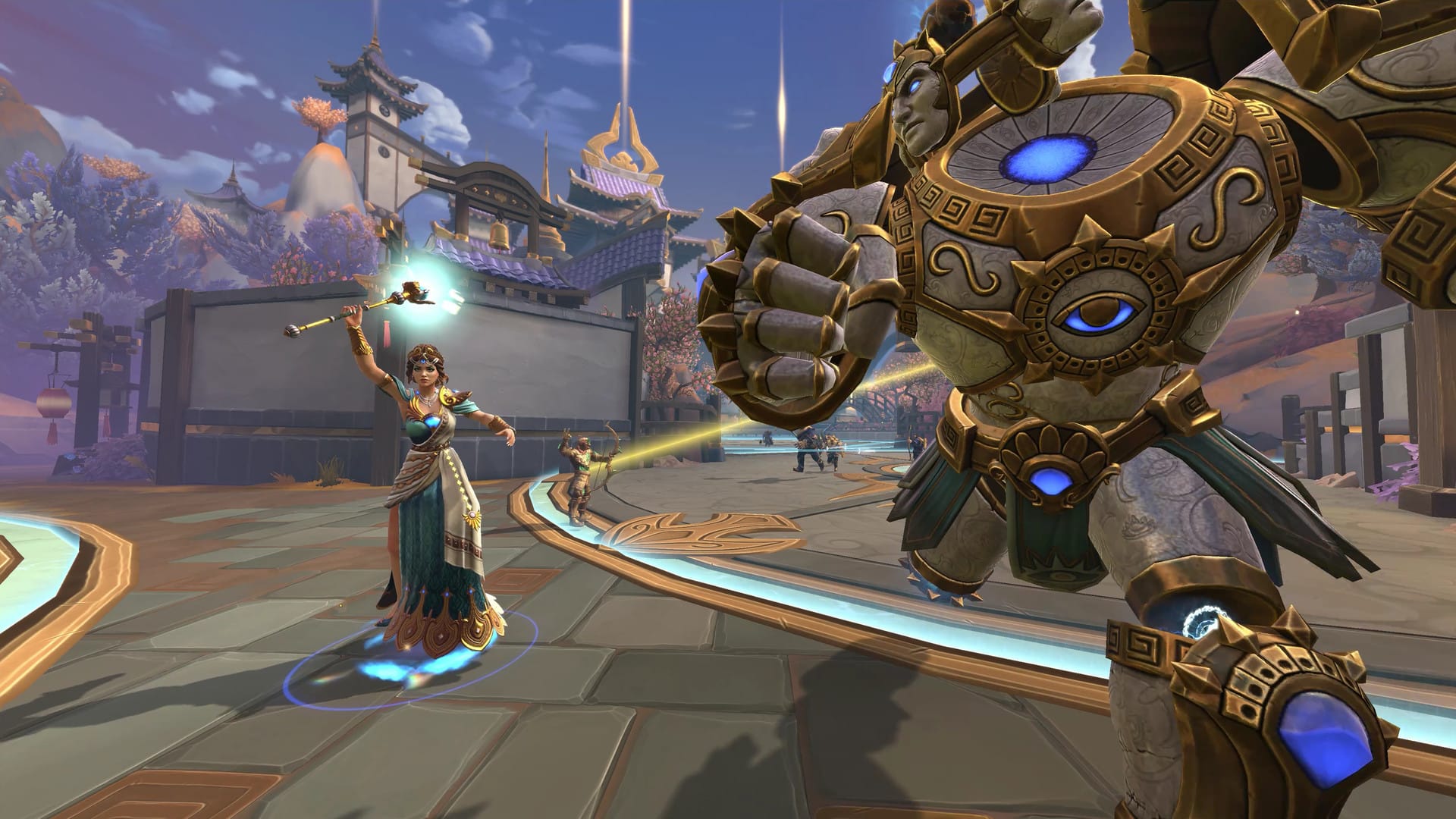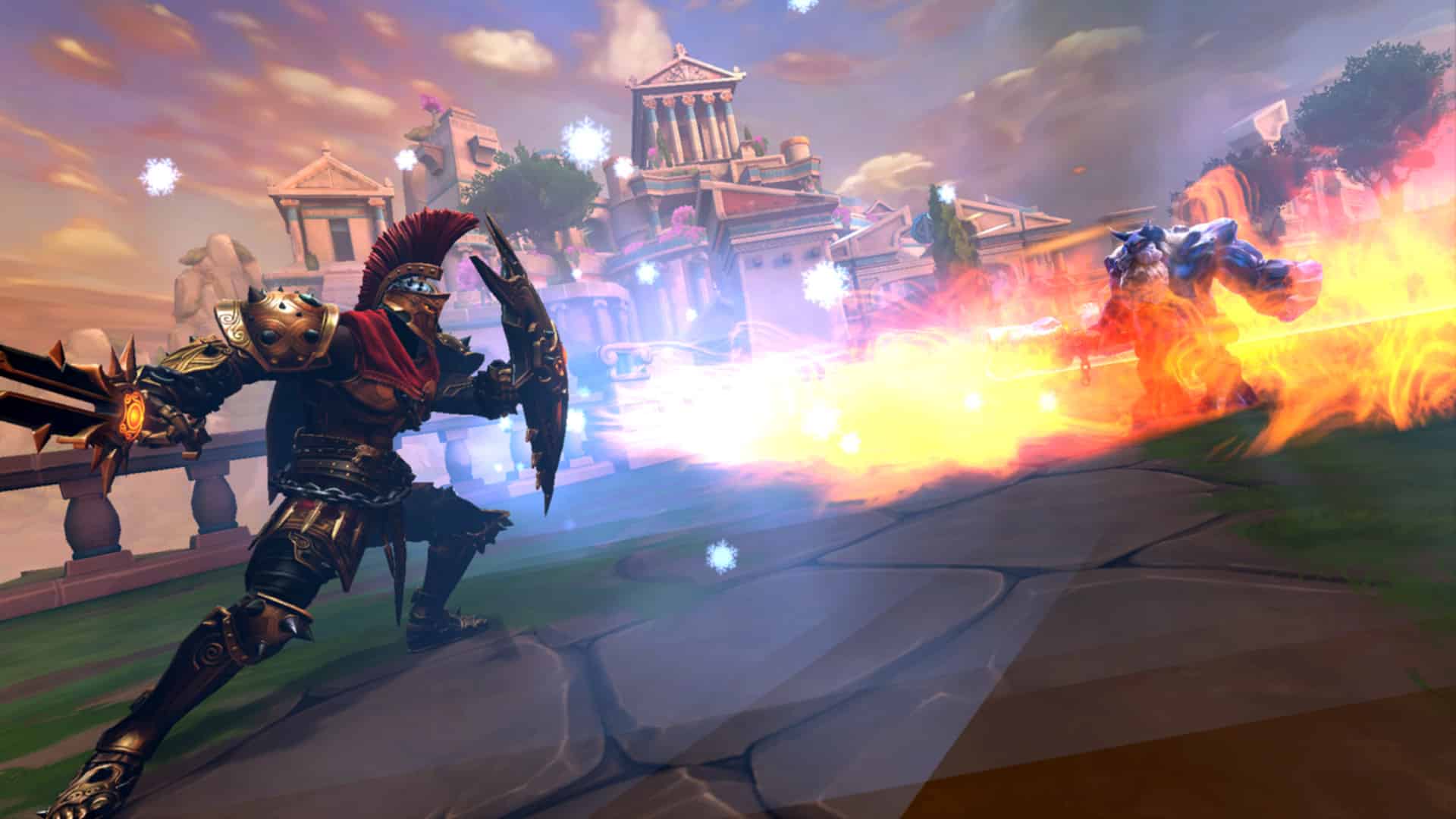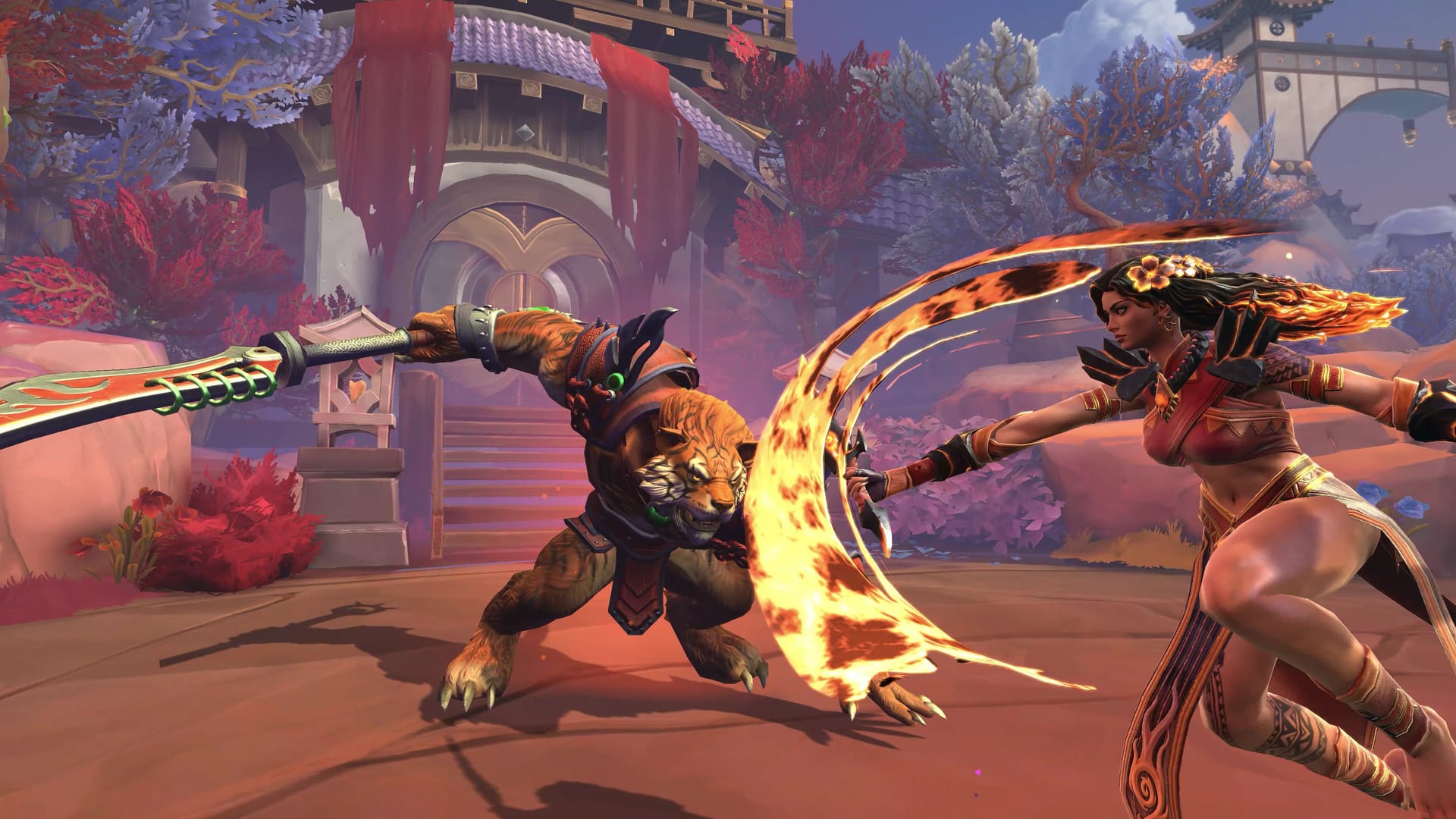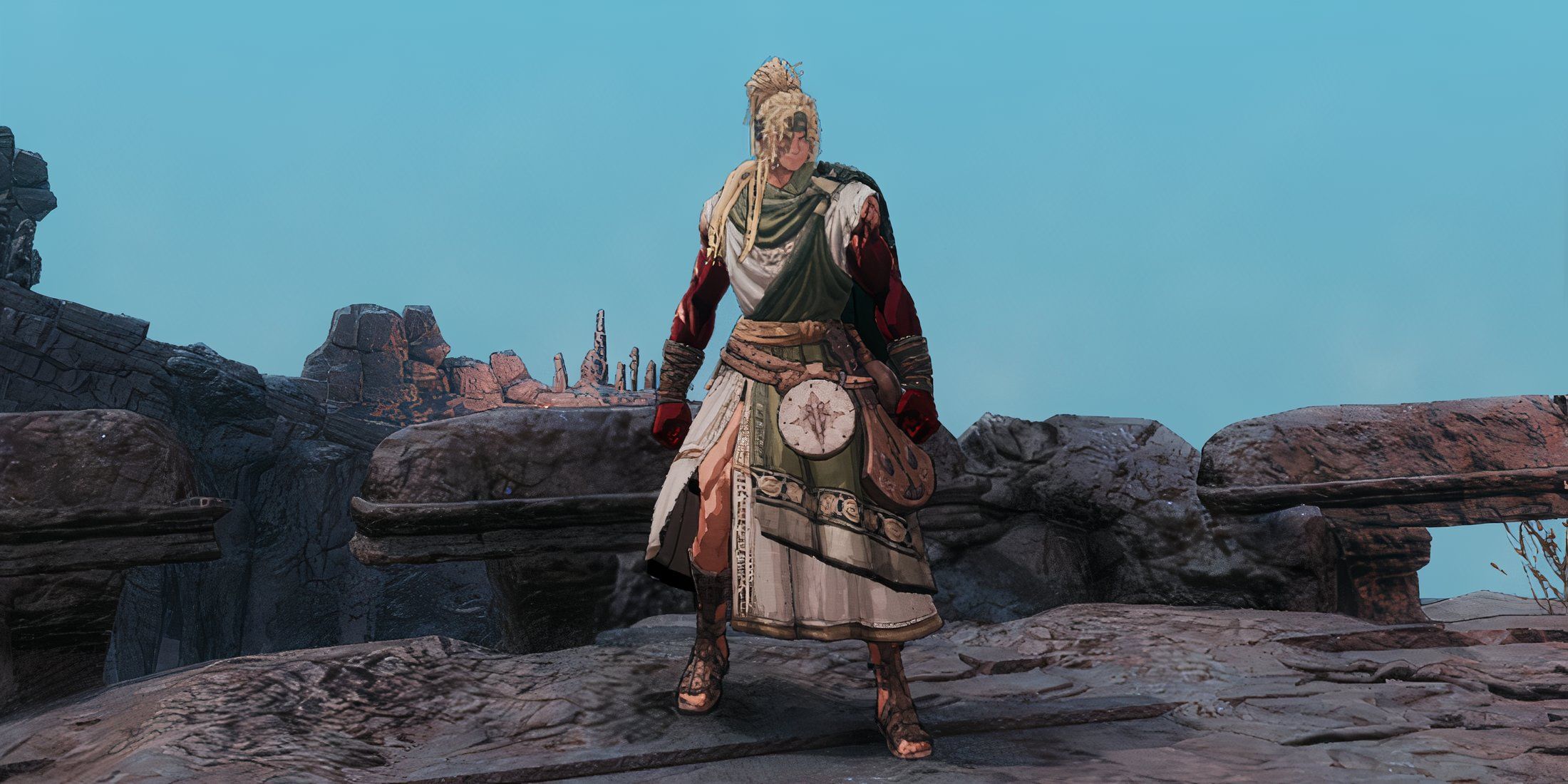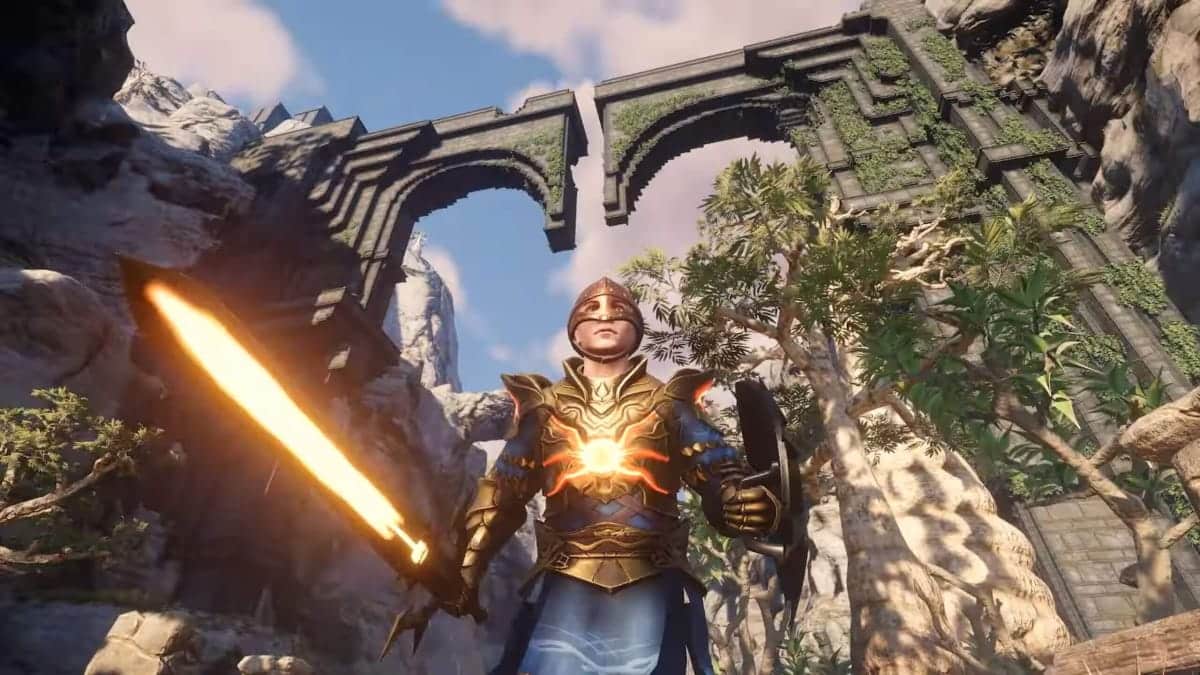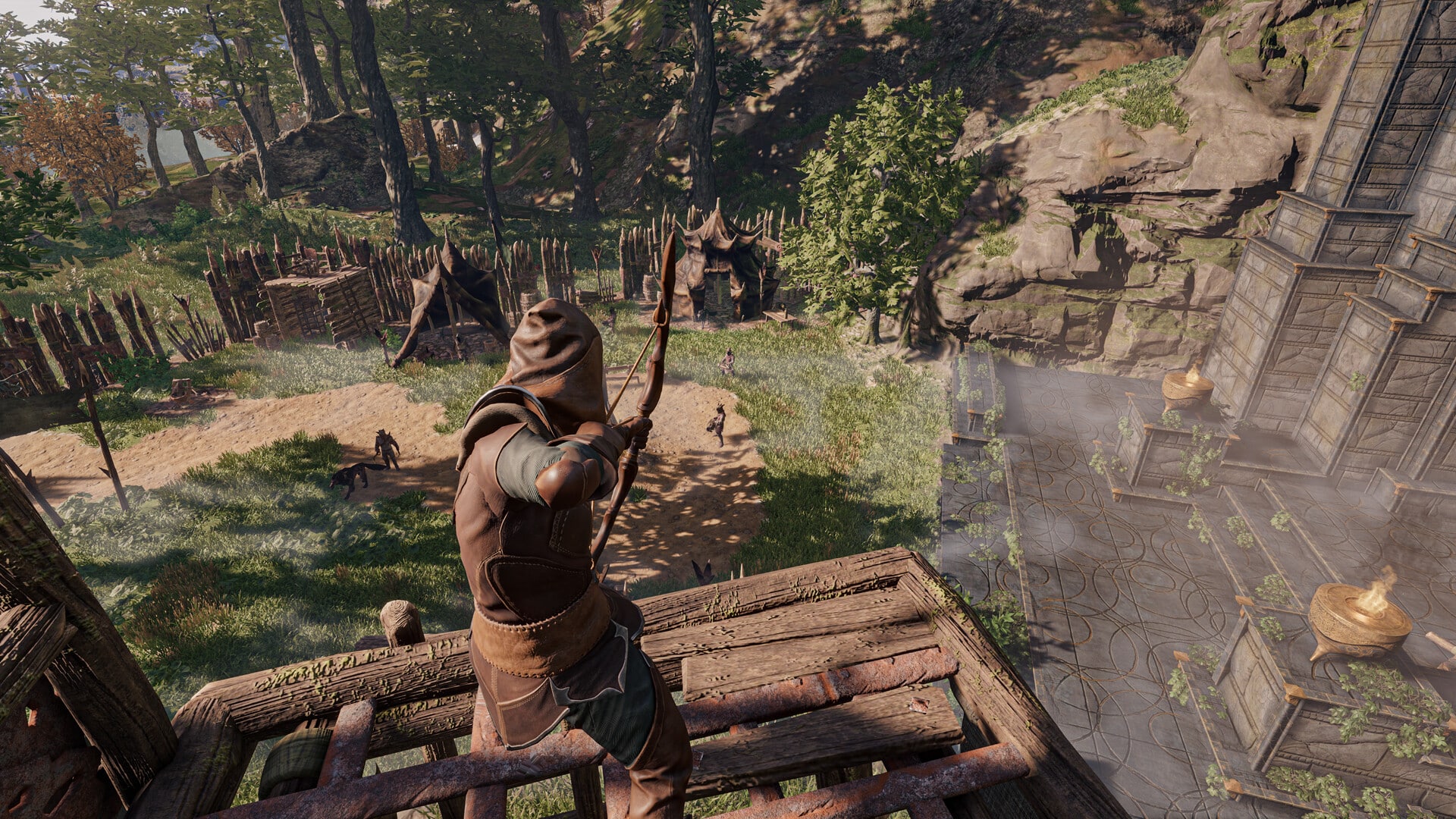Gaming News: The Duskbloods – Bloodborne Spiritual Successor or Just Blood Moon Trolling?
Initially, when players learned that The Duskbloods would be exclusive to the Nintendo Switch 2, a wave of surprise swept through the gaming community. FromSoftware, a developer renowned for creating tough, soulslike games, has sparked a heated debate about its choice. One commentator humorously stated, “If someone had told me the next game from FromSoftware would be exclusive to the Switch, I’d have thought they were an idiot.” This reaction hints at a rising apprehension concerning the future of the franchise. Historically, FromSoftware is recognized for creating immersive stories filled with intricate lore, but it appears they are now exploring a different multiplayer approach. It’s much like observing a well-respected dramatic actor shifting to romantic comedies—it’s thrilling yet puzzling.
